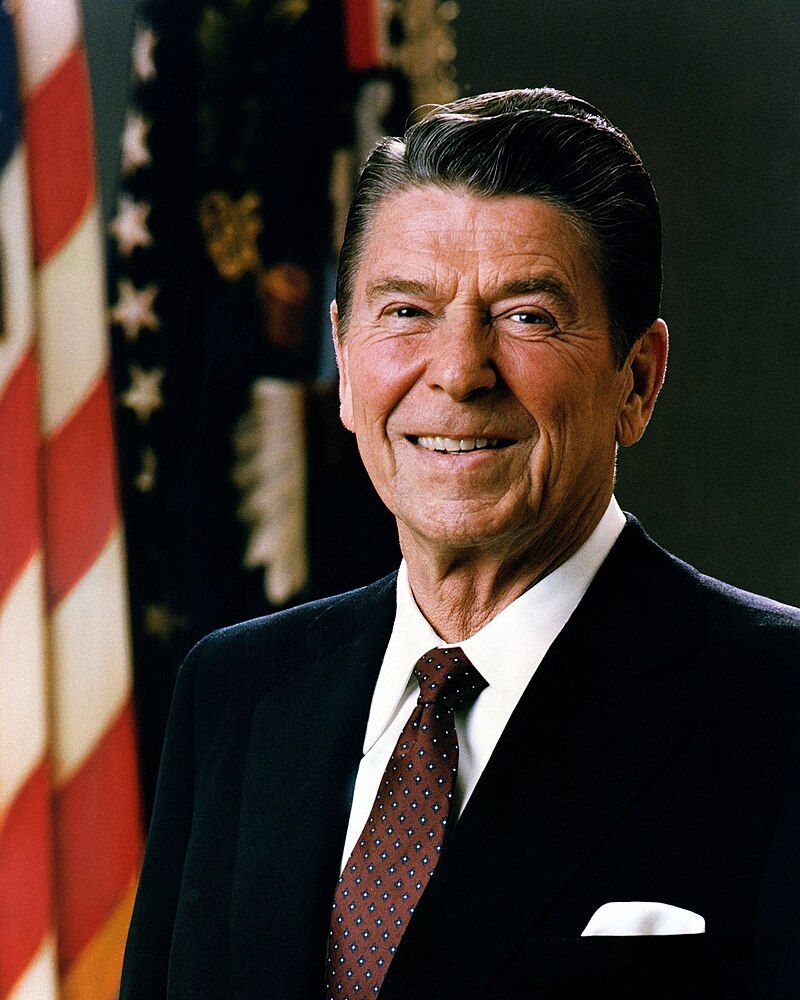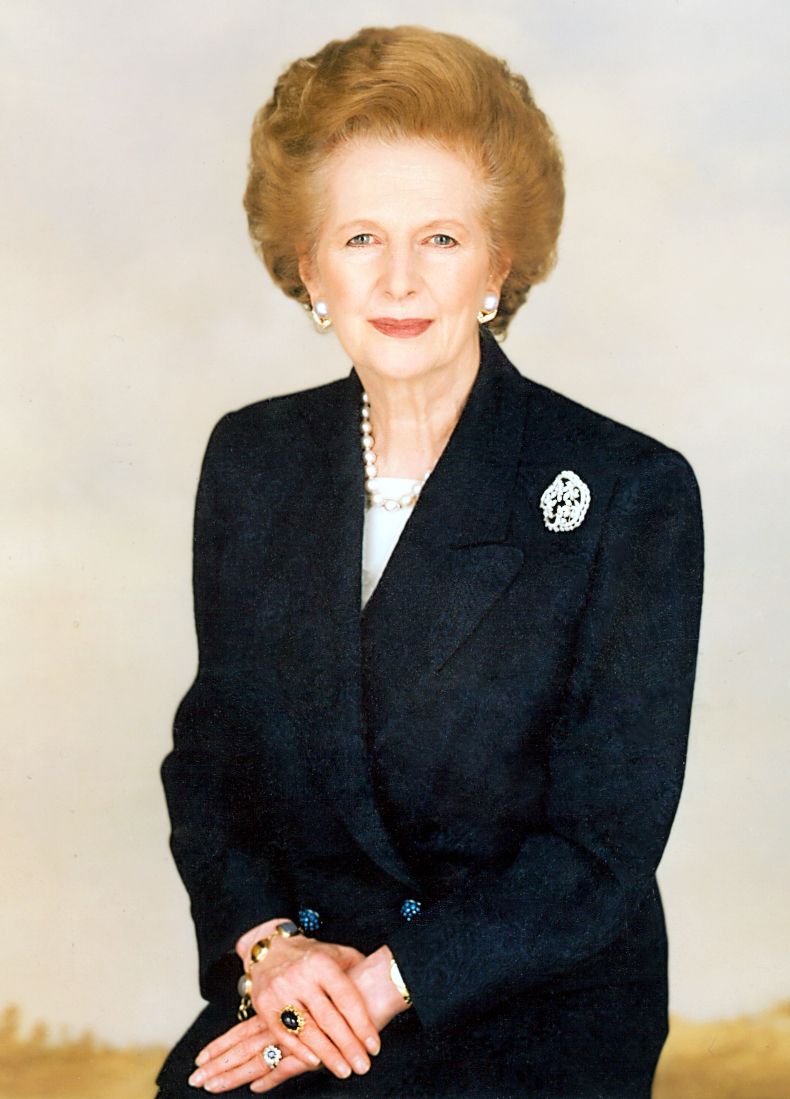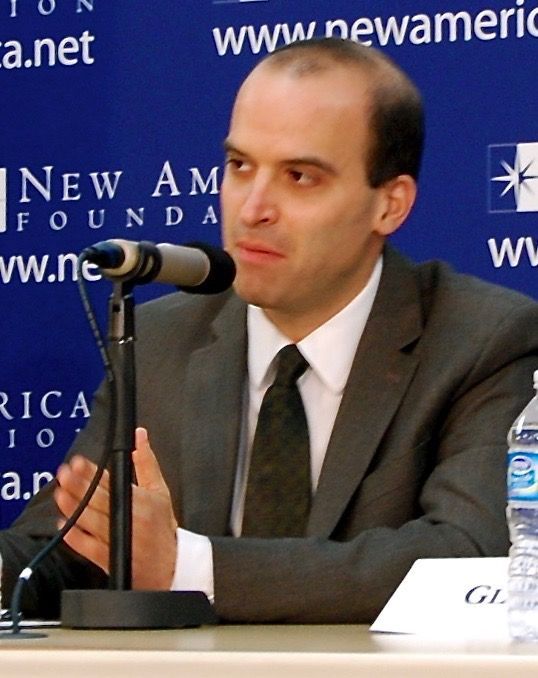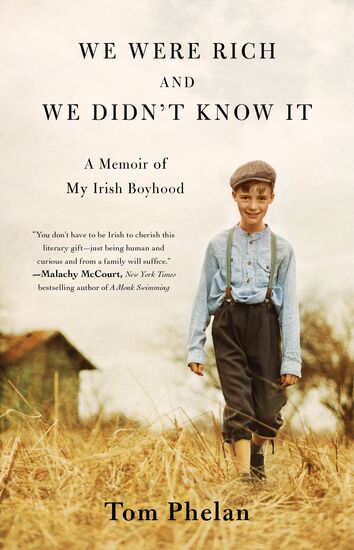In the celebratory atmosphere that followed victory over the Nazis in World War II, many scholars and commentators believed that America was best defined as a happy middle-class society.
These terms never conveyed that meaning in the first century and a half after independence. The words designated only farmers, artisans, and merchants during those early years.
President Biden preaches that his economic policies support upward movement for workers at the bottom and an expanded lifestyle for those in the middle. To achieve these progressive goals, he favors strong unions negotiating better deals for their members. Republicans still profess that the best economic way to help workers involves cutting individual and company taxes with a promise that the hoped-for resulting economic boom would trickle down to the workers on the lower rungs of the pecking order.
This thinking comes under the umbrella of neoliberalism, which has been the prevailing economic philosophy in America and Great Britain since Ronald Reagan and Margaret Thatcher. This philosophy was clearly evident in the 2019 Trump budget, which massively benefited the super-rich and ran up the national deficit by trillions without any benefit for those on the shop floor.
Ronald Reagan.
The big split between the parties today can be found in the class divide, which is often identified by the levels of education achieved. In 2020, Joe Biden won the presidency by claiming a majority of college-educated white voters, who used to be the backbone of the old Republican Party.
They moved in large numbers from a conservative commitment to the status quo to embracing more widely-held liberal views on the availability of legal abortion and an openness to a live-and-let-live understanding of the gay lifestyle.
On the other hand, polls point to Trump as the clear preference of white working-class voters, with significant gains for him also among non-white, non-college-educated workers.
Margaret Thatcher.
This group used to form a reliable voting bloc for Democrats, highlighting a radical shift in the two parties’ center of gravity. Republicans have spoken the traditional language of the working class since Nixon wooed them successfully as the neglected “silent majority.”
Trump has demoted the mantra of low taxes for workers with minimal government regulations and directed his message to a base that votes on issues such as crime, immigration, and patriotic themes that focus on a narrow definition of what it means to be an American. More recently, Republican candidates love to emote about their aversion to the “woke” agenda.
In this regard, calling for expanding LGBTQ rights is viewed suspiciously by many party supporters, and transgenderism is seen as an abomination that is classified as a kind of cultural pampering by elites who have lost the common sense appreciation of the difference between the two sexes.
An economy that gives most people the chance of a decent life doesn’t arise by accident or by manipulating some impersonal forces. It has to be created by the community because capitalism is interested only in profits, which entails employers getting the maximum work from their employees while remunerating them at the lowest salary that they can get away with.
Oliver Goldsmith.
Strong unions provide a bulwark for recognizing employee rights, but, unfortunately, the number of union card holders in America has dropped and all the right-wing forces in the country oppose membership drives and, in many cases, companies prevaricate about beginning contract negotiations even after the workers have voted in favor of joining a union.
Unlike all Western European countries, employers in America can hedge and equivocate for years before sitting down with the workers’ representatives to negotiate a contract. Recent statistics reveal that 60% of Americans live from week to week. The huge company profits garnered as a result of the technology revolution have benefited a growing elite committed to passing on their exclusive lifestyle and accumulated wealth to their offspring.
Ordinary workers have been left behind, and the poor are dismissed as failures. Tough luck on the multiple millions of families living in dire circumstances in America. A few will make it out of their unfortunate situation with the help of scholarships and a bit of luck.
Their success stories are used to justify the system that feeds the 20% at the top of the economic ladder. The New York Times writer, David Leonhardt, in his excellent book "Ours Was the Shining Future, the Story of the American Dream," identifies three agents for badly-needed economic change in America: political action, such as union organizing, that gives power to the have-nots; a new civic ethos, driven by the churches and engaged cultural organizations that restrain the greed of the elites; and public spending supporting anti-poverty programs including a minimum of six-week paid maternity leave for all mothers around the time that they give birth.
Leonhardt wonders about the future of a society that dances attention on the billionaire class while millions of American children go to school hungry or poorly fed.
Oliver Goldsmith, the 18th-century writer who hailed from County Westmeath, warns in celebrated lines from his poem "The Deserted Village" about the wealth disparities in his era, which Leonhardt identifies as continuing three hundred years later. "Ill fares the land to hastening ills a prey, where wealth accumulates and men decay."
Gerry O'Shea blogs at wemustbetalking.com








